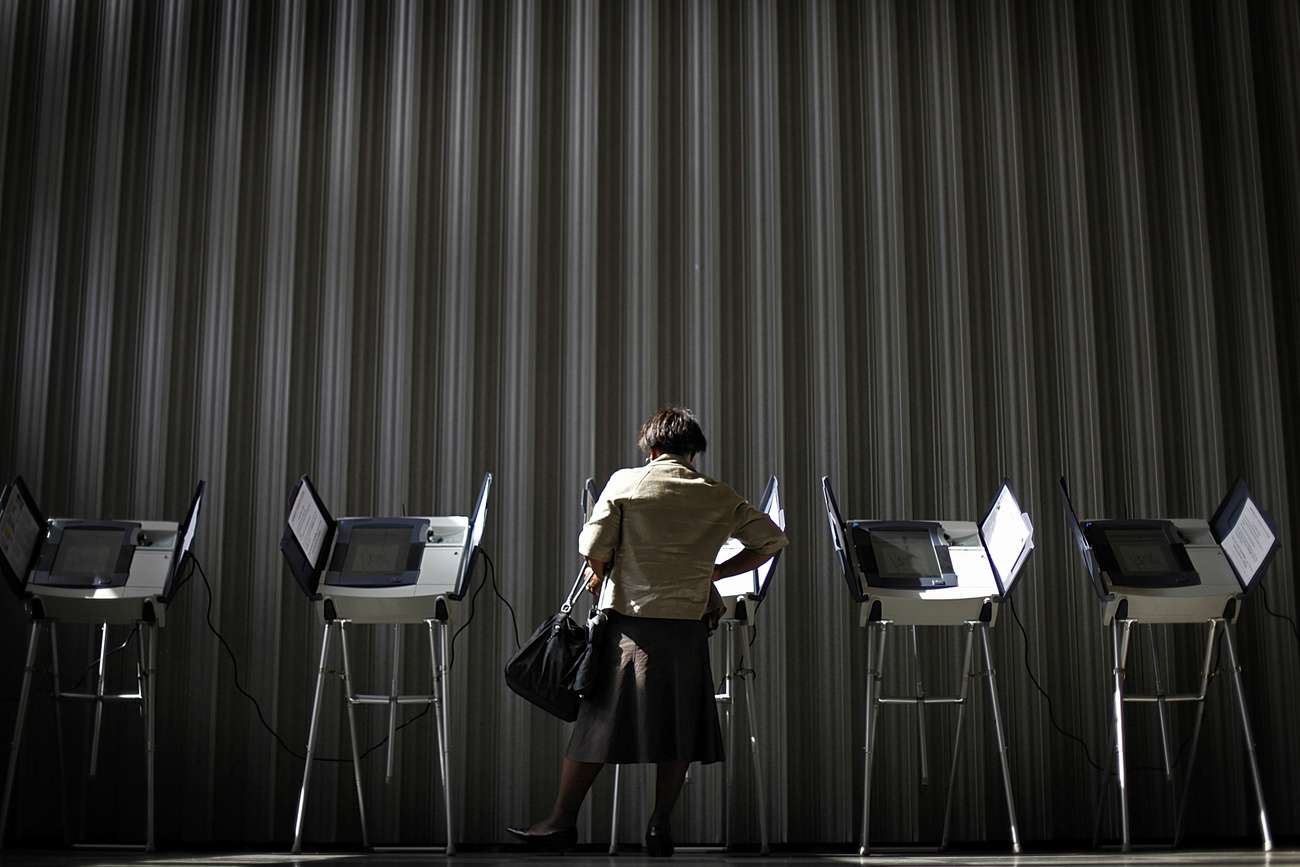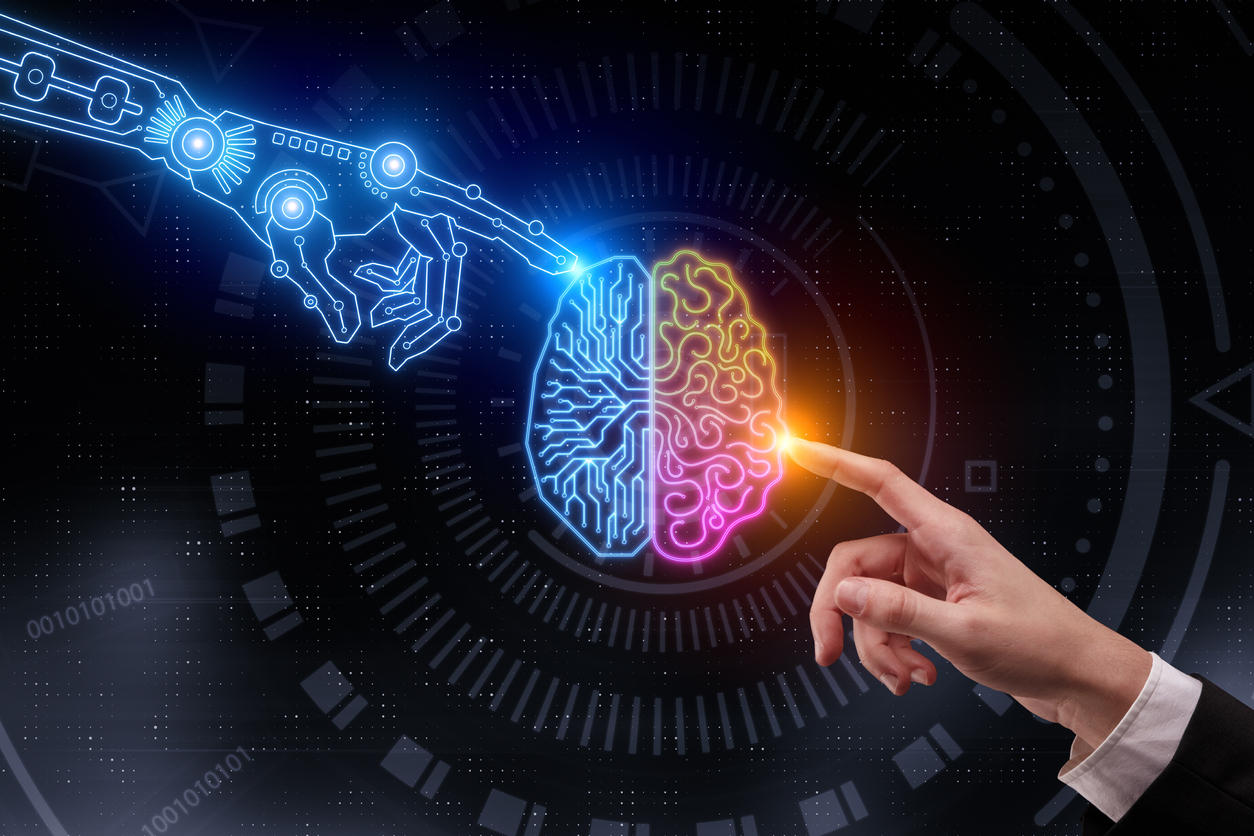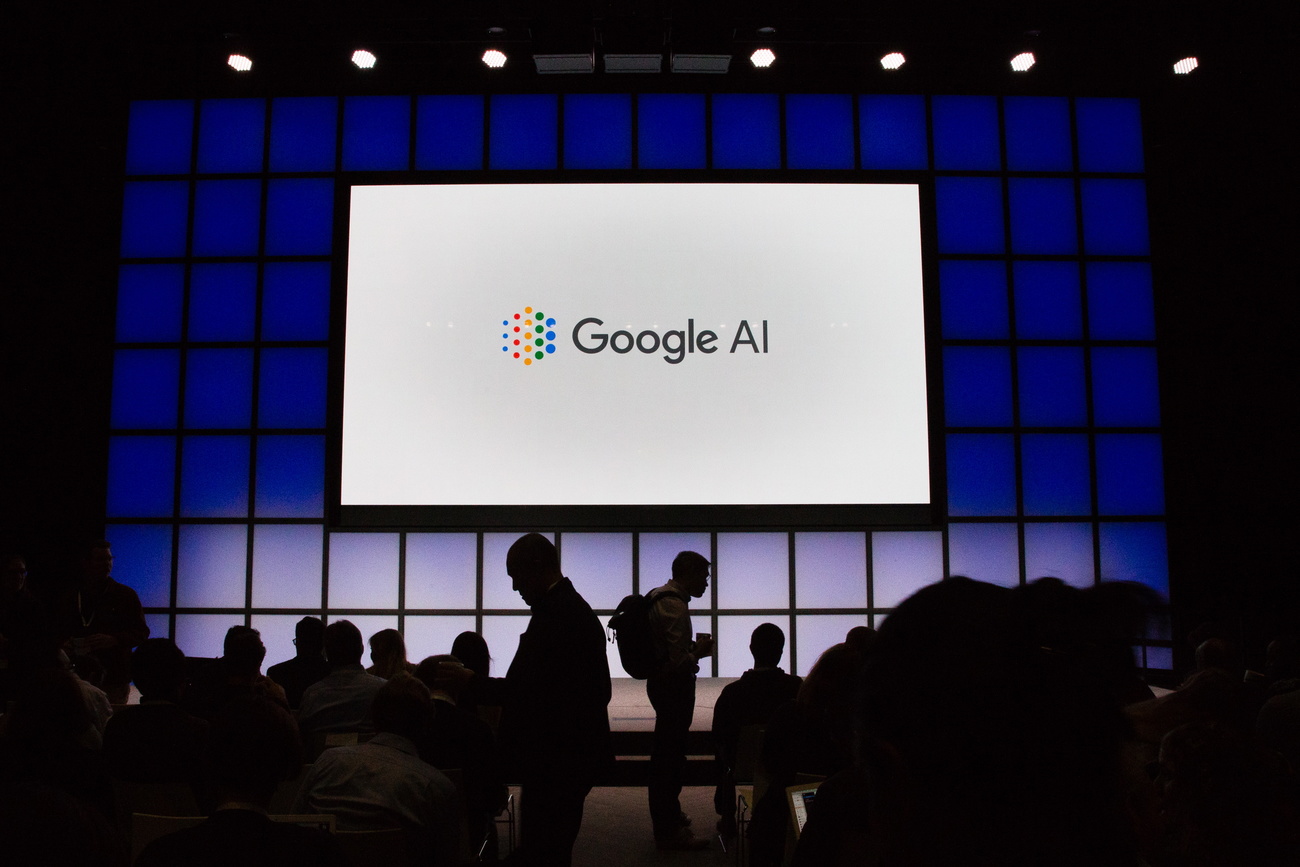Artificial intelligence’s march to the ballot box

A research group at the University of Geneva is exploring the idea of an AI-powered democracy. Swiss citizens are being asked to set their boundaries.
Asking to trust artificial intelligence with one’s vote is a tall order, especially in a direct democracy like Switzerland, where one votes several times a year, and often on complex issues.
Delicate questions about the role of AI in democratic processes, are those a research group at the University of Geneva has set out to tackle.
“We already have AI systems that are used today to model reality. But in a few years, we could also imagine having this same modelling, i.e. an artificial representation of a whole, for our way of thinking,” explains Jérôme Duberry, a researcher and lecturer involved in the project. He was interviewed earlier this month by Swiss public television, RTS.
The idea of an “augmented democracy” in which citizens rely on “digital twins” to help with democratic decision making is not new. It has been previously formulated in a 2018 TED talkExternal link by César Hidalgo, a scholar and entrepreneur.
In Hidalgo’s view, if today one trusts algorithms for driving directions or music recommendations, one may tomorrow rely on them for voting laws written by elected legislators. Ultimately, he argues, one could trust algorithms to write laws directly.
“If we have AI that is completely reliable and faithful to the way we think and vote, we can ask ourselves whether we really need a parliament,” Duberry says.
AI guidance for voters is already a reality. As the BBC reportsExternal link, hundreds of thousands of EU voters in 2019 used a tool developed by Vote Watch Europe, a think tank, to match them with candidates in the European parliament elections. To feed the algorithm, users answered questions on past legislative decisions made by the EU parliament. A similar tool was created to help voters choose candidates during the 2020 US elections.
Duberry raises concerns about discrimination and biases. “AI programs are based on algorithms. These algorithms are written by people, and these people are often white men in developed countries,” he says.
Following consultations with experts on AI and democratic processes, the project was revealed to the public this month, who were invited to voiceExternal link their opinion on the role AI should play at the ballot box.
Options vary from the rather conservative “helping citizens decide” to the more controversial “vote”. The academic study assumes all personal information would be collected and handled by AI developed by a public entity. Results will be presented in September 2021.

In compliance with the JTI standards
More: SWI swissinfo.ch certified by the Journalism Trust Initiative













You can find an overview of ongoing debates with our journalists here . Please join us!
If you want to start a conversation about a topic raised in this article or want to report factual errors, email us at english@swissinfo.ch.